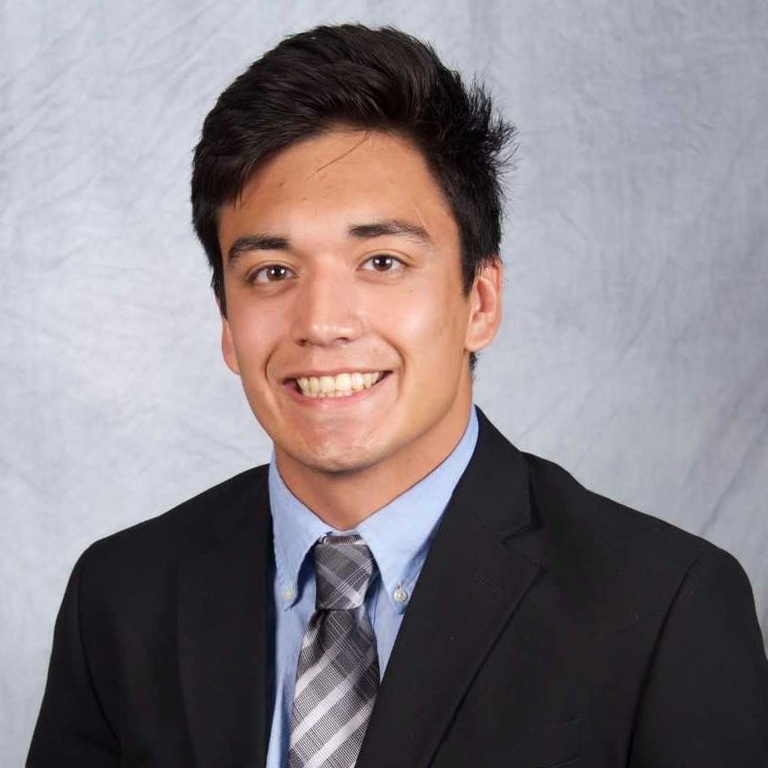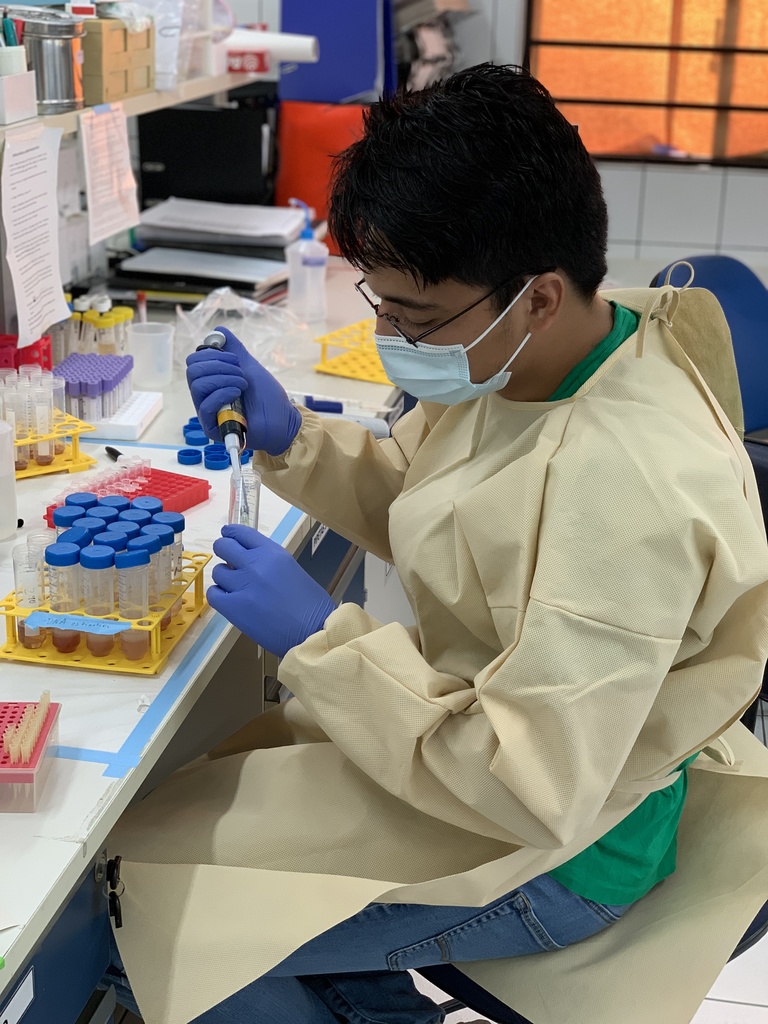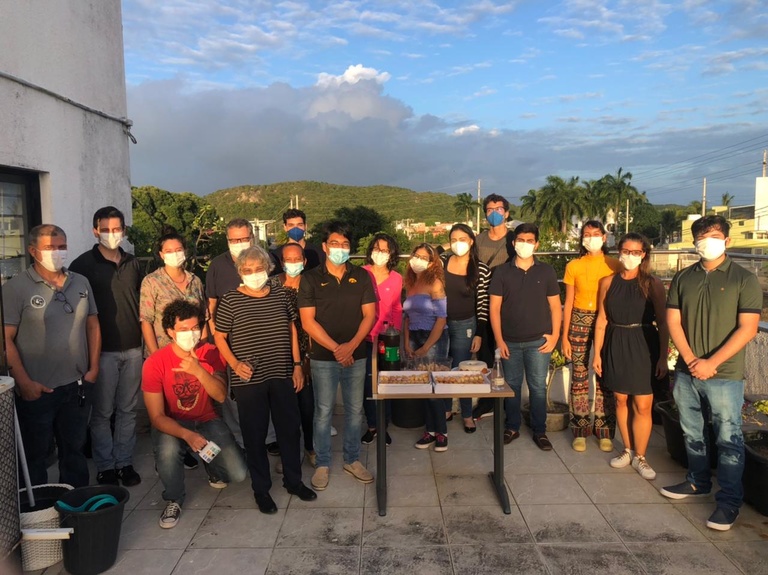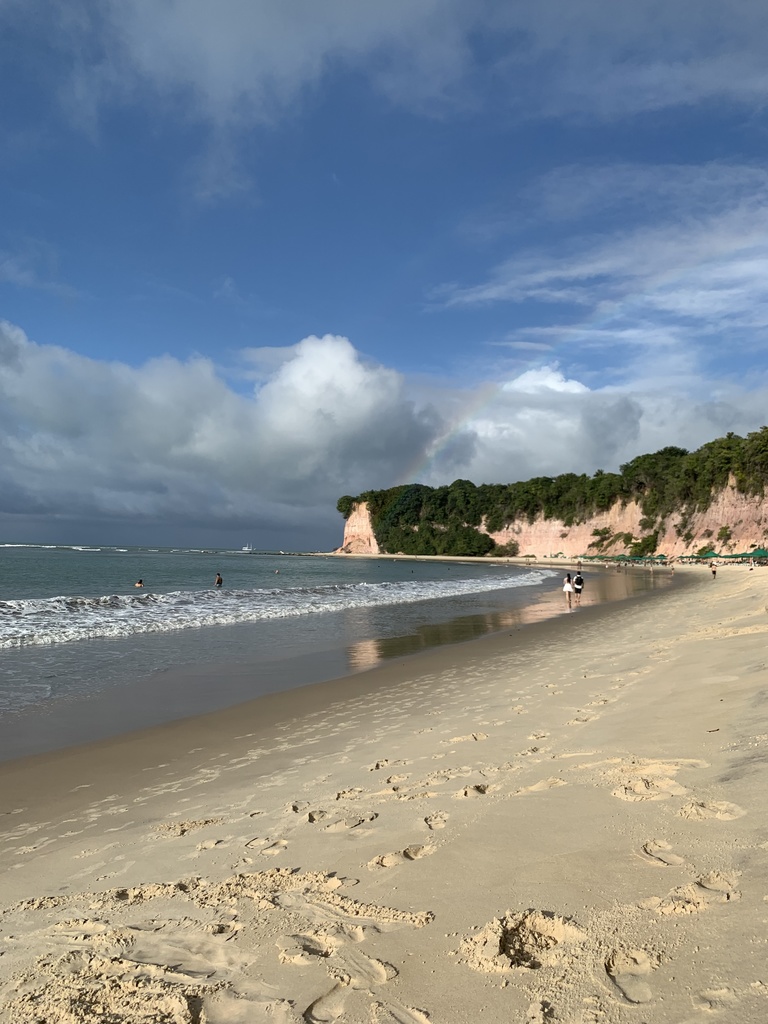Patrick Schwartzhoff, University of Iowa medical student, recently returned from a summer study abroad experience in Natal, Brazil, where he studied infectious disease issues. Schwartzhoff feels study abroad helped him become “a more cognizant and involved global citizen,” and that the critical thinking skills developed in Brazil will improve his clinical work in the future. Learn more below.

Patrick Schwartzhoff
Can you tell us about your recent study abroad experience in Natal, Brazil?
I was in Brazil for around nine weeks. The purpose of my trip was to collaborate with Dr. Selma Jeronimo’s lab. I was studying the viability of an assay called an ELISA (Enzyme Linked Immunosorbent Assay) to detect the presence of a genus of bacteria called Anaplasma in the human population of Natal, Brazil. This is important because the presence of tick-borne pathogens, like Anaplasma, may make individuals more susceptible to developing Visceral Leishmaniaisis (VL), a deadly parasitic disease. Broadly speaking, we planned to compare the percent of healthy people infected with Anaplasma and the percent of people who had VL with evidence of an Anaplasma exposure. Unfortunately, the use of the assay is complicated by the presence of self-reactive antibodies in VL patients, meaning that we will have to use other approaches to answer this question. However, we were able to develop a new plan, and I am excited to see the results!

Patrick Schwartzhoff completing lab work
What drew you to studying abroad?
I was drawn to studying abroad because of my interest in infectious disease, the one health approach, and global medicine. As we have seen recently, the world is more interconnected than ever, and while that is a great thing, the flip side is that infectious diseases have an easier time spreading around the world. I was also hoping to work to address global health inequities and collaborate with healthcare workers and researchers from all around the globe.
I was also able to observe diseases in clinic that I would not otherwise be able to. This was an extremely valuable learning opportunity.

Patrick Schwartzhoff with his laboratory colleagues
Why was studying abroad important to you?
Studying abroad was important to me because it helped me become a more cognizant and involved global citizen. While I have studied global health in theory, this was the first opportunity to really work internationally in this capacity. This experience also trained me in new lab skills and problem solving, as well as forcing me to think on my toes!
Do you feel your study abroad experience will enrich the rest of your academic experience at the Carver College of Medicine and/or make you a more effective physician in the future?
I definitely think that it will enrich the rest of my academic experience. As previously mentioned, it allowed me to observe infectious diseases that I otherwise would not regularly be able to. I also got a feel for working/researching in a more resource-poor setting, which I believe will be a critical experience for my career moving forward. The critical thinking skills being developed will also improve my clinical work and approach to science. Two more important things are that I was able to be involved in a healthcare system, where I was not able to speak the primary language spoken, which I think will help me more accurately address the challenges faced by some patients in the U.S. and connecting/networking with a broad support system while in Brazil. I have already been able to discuss future projects/experiences with my principal investigator and I am excited to work with them more.

Bahia dos Golfinhos (Bay of Dolphins)
What were some of the more memorable moments from your time abroad?
Being able to complete my first ELISA plate was certainly memorable and exciting! The time that I spent in clinic and in the field were also very memorable, in addition to navigating the SUS (the national healthcare system) in order to get a rabies vaccine and COVID-19 testing for my flight home. A more non-medical/academic memory was when I went to Bahia dos Golfinhos (Bay of Dolphins) and was able to observe dolphins in the wild! While I did not swim out very far, I was able to at least be in the same water as them, which frankly was a very exciting and surreal experience for me. Being able to observe the breathtaking beauty of Brazil was amazing.
Is there anything else you’d like to share?
I would just highly encourage studying abroad if you get the opportunity. It was highly impactful on my academic career, and I am very grateful for the opportunity. I would also say to keep an eye out for funding opportunities and make sure to keep in close contact with your coordinator to stay on top of that. This may be a little obvious, but one last piece of advice would be to try to learn as much of the language as you can before you go. Unfortunately, my Portuguese was very limited when I traveled to Brazil. While I was able to take some lessons and picked some up experientially, I think it would have been very beneficial in not feeling overwhelmed early on, in addition to being able to connect more with the people that you are interacting with.